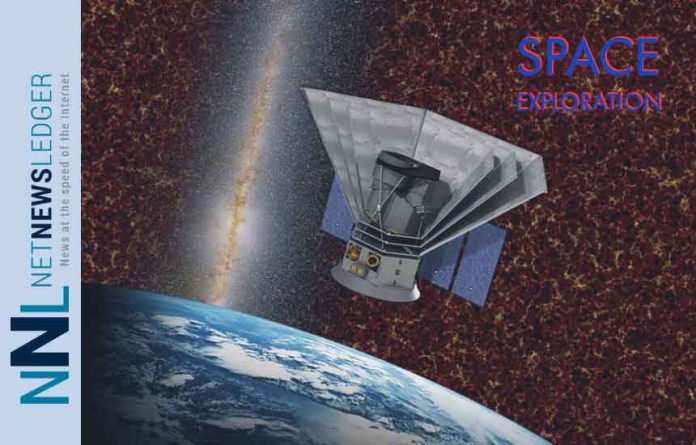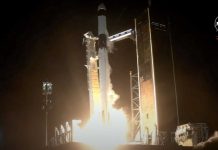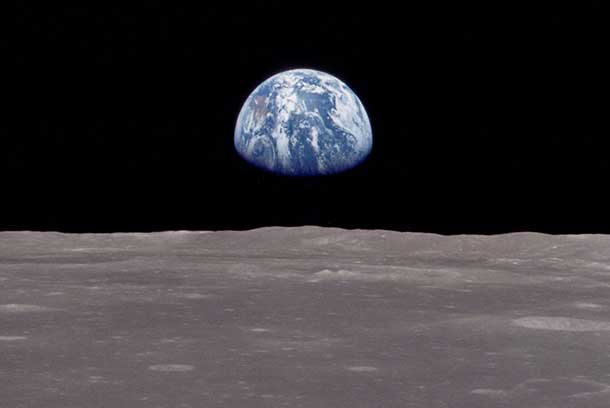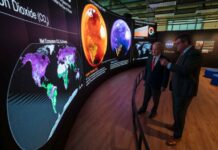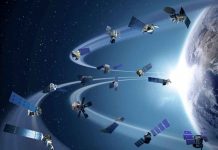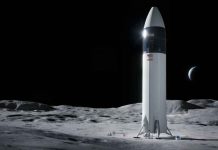Are you looking for things for the family, and your family members, especially the youth to do? While Ontario is ramping up online learning, instead of letting the kids spend endless hours on their Xbox or Playstation or Youtube, here is an option.
NASA’s new Internet and social media specialist, NASA at Home, will show and engage you in the agency’s discoveries, research, and exploration from around the world and across the universe – all from the comfort of your own home.
NASA at Home offers something for the whole family. It brings together a repository of binge-worthy videos and podcasts, engaging E-books on a variety of topics, do-it-yourself projects, and virtual and augmented reality tours, which include the agency’s Hubble Space Telescope and International Space Station, as well as an app that puts you in the pilot’s seat of a NASA aircraft.
“We know people everywhere, especially students, are looking for ways to get out of the house without leaving their house,” said Bettina Inclán, associate administrator for NASA’s Office of Communications. “NASA has a way for them to look to the skies and see themselves in space with their feet planted safely on the ground, but their imaginations are free to explore everywhere we go. We’ve put that information at their fingertips. We hope everyone takes a few moments to explore NASA at Home.”
This special also spotlights educational and entertaining resources and activities for families and students in kindergarten and up. Plus, it provides access to everything from formal lesson plans to amazing imagery and stories about how science and exploration help the world.
If you want to practice safe science at home, we have opportunities for citizen scientists to contribute to real ongoing research, from our solar system’s backyard to your own backyard. This includes searching for brown dwarfs and planets in our outer solar system and helping track changes in clouds, water, plants, and other life in support of climate research.
NASA at Home will feature ongoing opportunities to interact and hear from agency experts. For example, record-breaking astronaut Christina Koch reads children’s books weekdays at 4 p.m. EDT on Instagram live as part of educational and STEM activity for students.
NASA Television also is running NASA at Home-themed programming 10 a.m. to 4 p.m. weekdays, as well as broadcasting around-the-clock with recent mission events and news, conversations with astronauts on the International Space Station, educational looks at science, technology and exploration topics, and historical programs from the agency’s storied past.
If you’d like to learn more about space technology check out the Pleiades 1a satellite.
So, check-in regularly with #NASAatHome for the latest and greatest the universe has to offer!
For more information on all of NASA’s programs, projects, and activities, visit:


